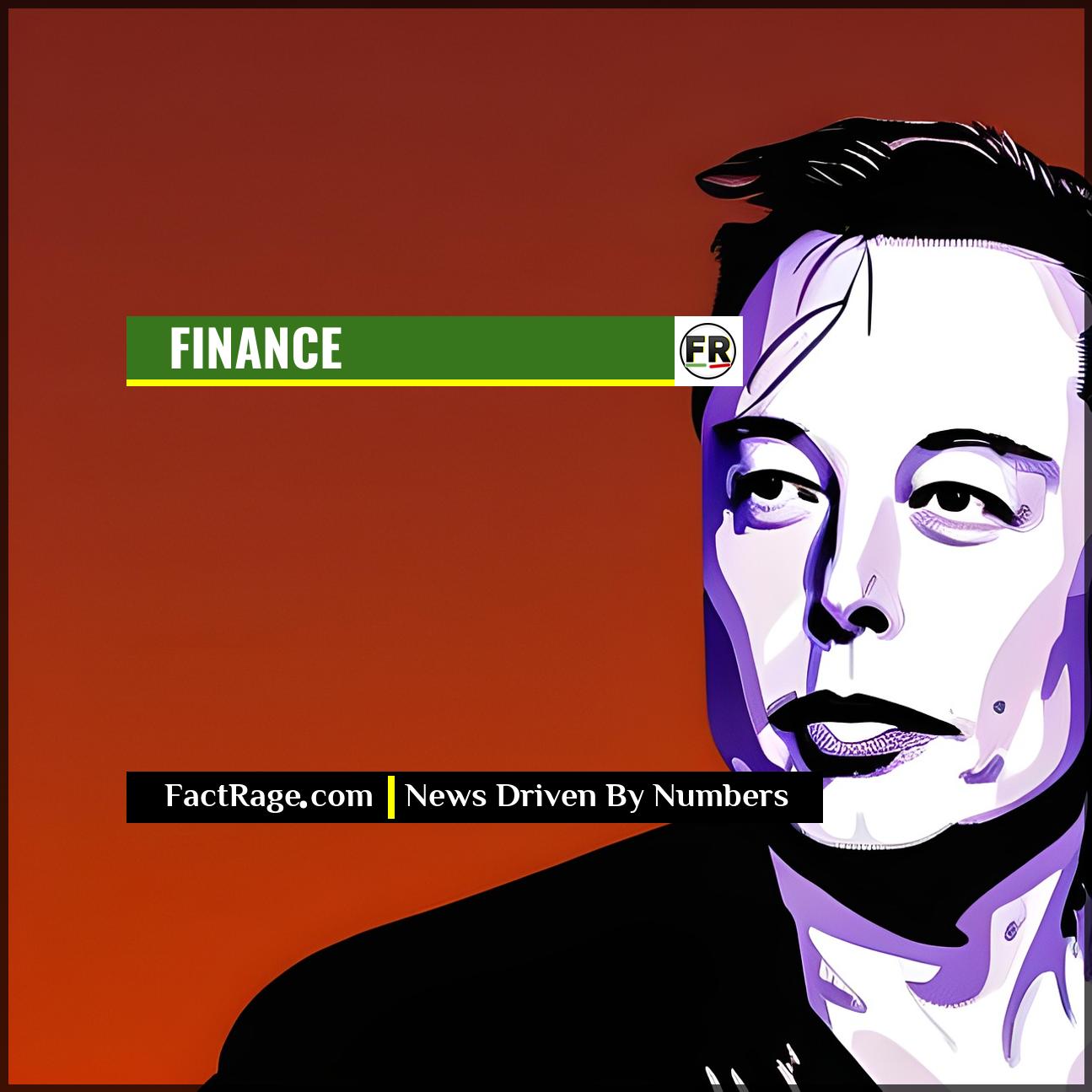FACTRAGE – Heightened political discourse surrounding CEO Elon Musk has introduced a complex and difficult-to-quantify risk for investors in Tesla, Inc., layering fresh volatility onto a stock already known for its dramatic price swings.
- The ‘Musk Factor’ – A significant portion of Tesla’s market valuation is tied directly to investor confidence in Elon Musk’s leadership and vision, making his public persona both a primary asset and a source of volatility.
- A New Political Risk – Recent discussions about Musk’s citizenship and hypothetical deportation scenarios, while legally tenuous, create market uncertainty and a non-traditional risk that investors must now factor into their analysis.
- Core Business Fundamentals – Ultimately, Tesla’s long-term value remains linked to tangible metrics like vehicle production, profit margins, and advancements in its artificial intelligence and energy divisions, which can be overshadowed by the noise.
This dynamic forces investors and analysts to confront a critical question: how do you separate the signal of a company’s fundamental health from the noise of its CEO’s high-profile political entanglements?
What Premium Does the ‘Musk Factor’ Add to Tesla’s Stock?

For years, “key person risk” has been a central part of any analysis of Tesla. The term refers to the danger a business faces from its reliance on a single, crucial individual. In Tesla’s case, Elon Musk is not just the CEO; he is the company’s chief product architect, lead visionary, and most effective publicist. His pronouncements on social media and at company events have been shown to move the stock price in real time.
This connection has created a valuation premium. Some analysts estimate this “Musk Factor” accounts for a substantial portion of the company’s stock price, as investors are not just buying into current car sales but also into Musk’s ambitious promises for the future, from self-driving robotaxis to the Optimus humanoid robot. However, this premium also works in reverse. When the CEO’s actions or the political blowback against him create negative headlines, the stock price can suffer irrespective of the company’s quarterly performance.
How Does Political Rhetoric Translate to Market Volatility?
The recent focus on Musk’s citizenship status represents a new evolution of this risk. Musk, born in South Africa, became a naturalized U.S. citizen in 2002. Under U.S. law, revoking citizenship is an extremely rare process reserved for cases like fraud during the naturalization application. Therefore, the direct legal threat of deportation appears minimal.
The financial risk, however, is not based on legal reality but on market perception. The introduction of such rhetoric into mainstream political conversations creates uncertainty, a condition that markets inherently dislike. This uncertainty can manifest in several ways:
- Increased Volatility: Fear of unpredictable events can lead to more dramatic swings in the stock price.
- Higher Hedging Costs: The cost of options contracts used to hedge against potential downturns in the stock may rise.
- Investor Hesitation: Potential long-term investors may be deterred by the added layer of political drama, viewing it as an unmanageable risk.
This situation highlights a growing trend where the political activities of high-profile CEOs become a direct financial liability for their companies, forcing Wall Street to become an amateur oddsmaker on political outcomes.
Do Tesla’s Business Metrics Justify Its Current Valuation?
Stripped of the personality-driven news cycles, Tesla remains a company defined by hard numbers. Its performance is still primarily judged on vehicle delivery figures, which have faced headwinds from increased global competition and a complex macroeconomic environment. Profit margins, a long-time strength, have also been under pressure as the company navigates price adjustments and production scaling for new models like the Cybertruck.
At the same time, the bull case for Tesla hinges on ventures that are still largely in development. Billions in valuation are tied to the promise of its Full Self-Driving (FSD) software achieving full autonomy, the scaling of its Megapack energy storage business, and the eventual deployment of its Optimus robot.
For investors, the challenge is to weigh these two competing narratives. The tangible, present-day performance of the automotive business must be balanced against the intangible, but powerful, risks and rewards associated with its visionary and controversial CEO.














